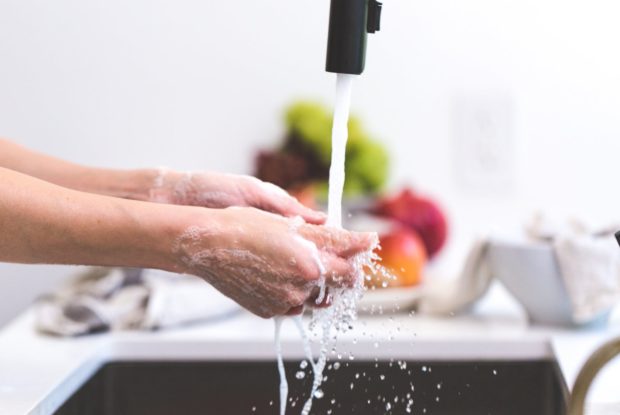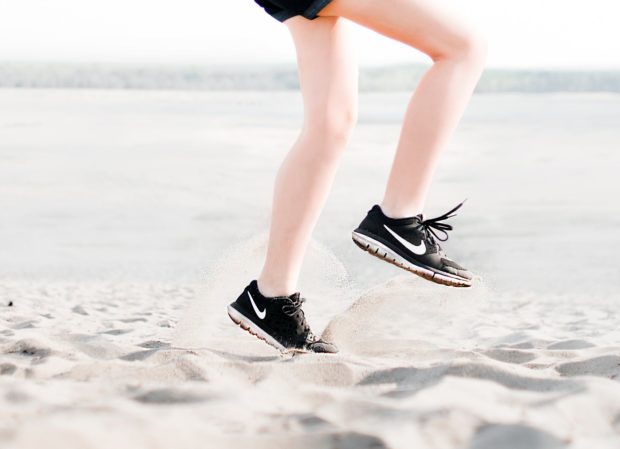Protecting your home from COVID-19
The world has been on the edge lately due to the outbreak of the novel coronavirus (COVID-19). Causing a flu-like illness that has proven fatal in many cases, the virus quickly spreads via droplets of bodily fluids.
The Philippines, in particular, has experienced a surge of confirmed cases over the week. While our government is doing its best to contain the outbreak, there is still a prevailing fear. Thankfully, there is something that we can do to protect ourselves and our loved ones from this dreaded virus. While an effective, thoroughly proven antidote is still in the making, we can practice tried-and-tested measures to prevent the spread of disease. The key is not to panic, but to plan and practice good habits in hygiene, communication and safety. Here are some tips from the Centers for Disease Control and Prevention (CDC) to help us fight our own battles with COVID-19.
Clean and disinfect
Like any other virus, COVID-19 spreads through contaminated surfaces and direct contact. So to keep your home free from the virus, cleaning remains vital. Wash or wipe surfaces with water and detergent and then disinfect thoroughly. Frequently touched surfaces such as doorknobs, handles, faucet knobs, light switches and desks can easily host the virus, so make sure these areas are always disinfected.
To take it a step further, research on the products that you use to clean your home. Unfortunately, not all household cleaning products are considered effective in eliminating viral pathogens. Look up the CDC-approved detergents and disinfectants to make sure you’re using the right tools in your battle against COVID-19.
Designate an isolation room
If you happen to have several bedrooms at home, designate one that will act as an isolation area should one of your family members get sick. If possible, a separate bathroom is also in order. Make sure these isolation areas are cleaned daily. This will not only prevent the spread of disease, but it will also provide your sick loved one a healthy environment to encourage his or her recovery.
Be neighborly
Even though now isn’t exactly the best time to attend social gatherings, it pays to remain in contact with the community you live in. Try to find out the measures being taken by your local municipality to prevent the disease. Scout your neighborhood for the nearest hospital where you can run to in case of emergency.
But don’t share
Do not share personal items such as food, drinks and utensils. Dispose face masks after single use and ensure that other family members do the same. If you’re feeling under the weather, separate yourself from the rest of your family for at least two weeks. In particular, avoid contact with those who have weak immune systems, such as the elderly and the weak.
Read labels
As mentioned before, not all cleaning products and disinfectants are actually designed to combat viruses. If you plan to buy alcohol for daily use, the CDC recommends using solutions that are at least 70 percent in alcohol content. When using detergents and household bleach, read and follow the instructions on the packaging to ensure that you are using the product to maximize its effectiveness. Do not use products that are well past their expiration dates. Most importantly, do not combine cleaning products such as ammonia and household bleach. You might end up making a science experiment and ruin furniture in the process.
Washing clothes
When handling soiled clothes from an ill family member, always use disposable clothes. Don’t shake off dirt from the items to prevent the virus from spreading on other surfaces. The CDC actually allows the washing of an ill person’s soiled clothes with other people’s laundry. But when you hang the items to dry, make sure that they dry completely. After washing laundry, disinfect the hampers and other surfaces which the soiled clothes have come into contact with. Overall, remember to practice good hygiene. Wash your hands with soap and water for at least 20 seconds. Use a tissue when blowing your nose and discard it right afterwards.
While the outbreak of this virus in our country may be scary, remember this fact: COVID-19 has a low mortality rate. To combat the illness the virus can cause, keep your body healthy by exercising, eating well and sleeping enough. Don’t panic as the virus can be beaten with proper disinfection and contact prevention. Follow the guidelines set by reputable sources and be vigilant in your everyday activities.
For more news about the novel coronavirus click here.
What you need to know about Coronavirus.
For more information on COVID-19, call the DOH Hotline: (02) 86517800 local 1149/1150.
The Inquirer Foundation supports our healthcare frontliners and is still accepting cash donations to be deposited at Banco de Oro (BDO) current account #007960018860 or donate through PayMaya using this link.

